Blog
Recent Blogs
Blogs by category
Need To Know
CBD (cannabidiol) is the non-psychoactive component found in both cannabis and hemp plants. CBD can be in the form of distillate, isolate and crude oil. CBD is then formulated into a wide range of finished consumer products such as tinctures, salves, topicals, vapes, gel caps, water, beauty products and even smokable hemp. CBD products must contain less than 0.3% THC by weight in order to be considered legal or compliant. This is where the potency or label test becomes the most important.
ACS Laboratory is located just south of Tampa, FL at
ACS Laboratory
721 Cortaro Drive
Sun City Center, FL 33575
Please click the “Start Testing” button or fill out the form on our website and one of our account specialists will reach out to you ASAP to get you any and all information and forms needed to set up an account with ACS Laboratory and submit samples to us.
ACS Laboratory offers a comprehensive array of test panels from Potency Testing, Heavy Metals and Pesticides, to specialized tests such as Flavonoids and Plant Regulators.
Test Panels: Potency Testing (22 cannabinoids)
Pesticide Testing (67 analytes)
Residual Solvent Testing (11 analytes)
Microbiology Testing (ACS Laboratory has FIVE different Microbiology panels to choose from in order to suit your needs: Microarray, PCR Pathogenic, Total Bacterial Count, Standard Petrifilm and Listeria.)
Mycotoxins (5 analytes)
Heavy Metals (4 analytes)
Terpenes (38 analytes)
Flavonoids (16 analytes)
Micronutrients
Moisture Activity
Water Activity
Plant Regulators
Filth and Foreign Material
Vitamin E Acetate (*ONLY FOR VAPES)
Custom R&D Development (Inquire)
Custom Method Development (Inquire)
For THC testing for licensed Medical Marijuana Treatment Centers in the state of Florida, we can test ANY product on the shelf such as whole smokable flower and pre-rolls, topicals and tinctures, vape pens, transdermal patches, and many more.
For CBD products, we can test ANY type of product from tinctures to bath bombs, and we even have the ability to test for nano capabilities in specialized products such as nano drinks and tinctures. We can test any type of CBD or hemp-extracted finished product, we just ask that you send a finished product to us so we can give you the most accurate representation of your finished-product fill weight.
For hemp farmers and plants, we can test anything from SOIL to OIL. We can do elemental analysis of the soil for contaminants such as pesticides, heavy metals, micronutrients and more. We can test biomass, hemp plant material and hemp/CBD buds.
For CBD products, we can test ANY type of product from tinctures to bath bombs (if you would like!), and we even have the ability to test for nano capabilities in specialized products such as nano drinks and tinctures. We can test any type of CBD or hemp-extracted finished product, we just ask that you send a finished product to us so we can give you the most accurate representation of your finished-product fill weight.
For hemp farmers and plants, we can test anything from SOIL to OIL. We can do an elemental analysis of the soil for contaminants such as pesticides, heavy metals, micronutrients and more. We can test biomass, hemp plant material and hemp/CBD buds.
R&D Testing is different from compliance testing, as R&D is considered unreportable, in which companies test their products in raw material form, pre-packaging or pre-harvest to get a greater insight into the levels in their ingredients and products. R&D Testing also can be research and development of new technology, formulations and methodology in order to advance products and testing standards in the marketplace. For example, testing your oils throughout the production stage to understand at which point contaminants, solvents, or any other potential harmful substances may be coming into contact with your materials.
Compliance Testing has become increasingly more strict and necessary recently, as states now require companies to test their finished products for potency (label verification) as well as contaminants such as pesticides, heavy metals, residual solvents, mycotoxins, microbiology such as mold, mildew, E. coli, salmonella, aspergillus, total yeast and mold, and more. Compliance tests typically include water activity, and filth and foreign materials visual inspection as well.
For industrial hemp and CBD products, compliance tests are regulated state by state and have a common verbiage of the need for the THC level to be <0.3%. State compliance tests are sent back to the state’s governing board to ensure full transparency.
7-hydroxymitragynine is like morphine in that it acts as an opioid receptor agonist, explicitly targeting the mu-opioid receptors in the brain. Both substances can produce analgesic (pain-relieving) effects and may induce euphoria or sedation. However, 7-hydroxymitragynine is structurally different and is derived from the kratom plant, whereas morphine is a naturally occurring opiate derived from the opium poppy plant. Additionally, 7-hydroxymitragynine is generally considered to be more potent than morphine in terms of its effects on opioid receptors, although potentially less addictive.
The percentage of 7-hydroxymitragynine (7-OH mitragynine) in kratom can vary widely depending on the specific strain and preparation method. Generally, 7-OH mitragynine constitutes a small percentage of kratom’s total alkaloid content, typically around 0.01% to 0.04%. However, 7-OH mitragynine extracts can contain a significantly higher ratio.
One study found that alkaloid-rich fractions, ethanolic extracts, lyophilized teas, and commercial kratom products contained up to 2.8% 7-OH. Another study found concentrations as high as 500% more 7-OH than the average kratom plant.
High Amanita muscaria doses can result in intense psychoactive effects, such as vivid dreams and hallucinations. Consuming too high a dose for a person’s tolerance level could also cause some adverse effects, such as:
- Dizziness
- Confusion
- Tiredness
- Increased sensitivity to visual and auditory stimuli
Body weight affects a person’s metabolism and tolerance level. Generally, people with higher body weight may require larger Amanita doses to achieve the same effects as those with lower body weight. This variation occurs because a larger body mass can dilute the concentration of the substance.
The appropriate dosage of Amanita muscaria for beginners depends on several factors, such as the product type and a person’s body weight, metabolism, and tolerance. Most experts suggest that consumers start with a microdose or low dosage, typically less than 400 mg of Amanita muscaria extract, and gradually increase it.
THCA does not bind to brain receptors like THC unless it undergoes decarboxylation. However, THCA does exhibit neuroprotective properties that may have potential in the prevention and treatment of conditions such as Alzheimer's, Parkinson's, and Huntington's.




.jpg)
.jpg)





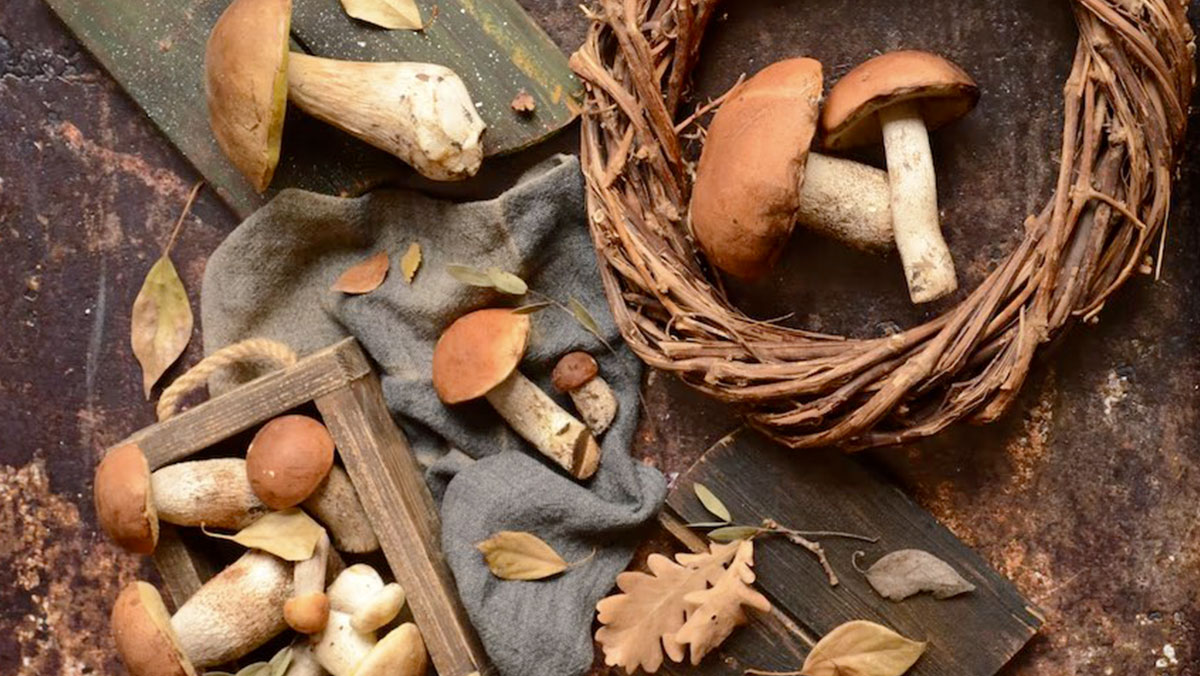




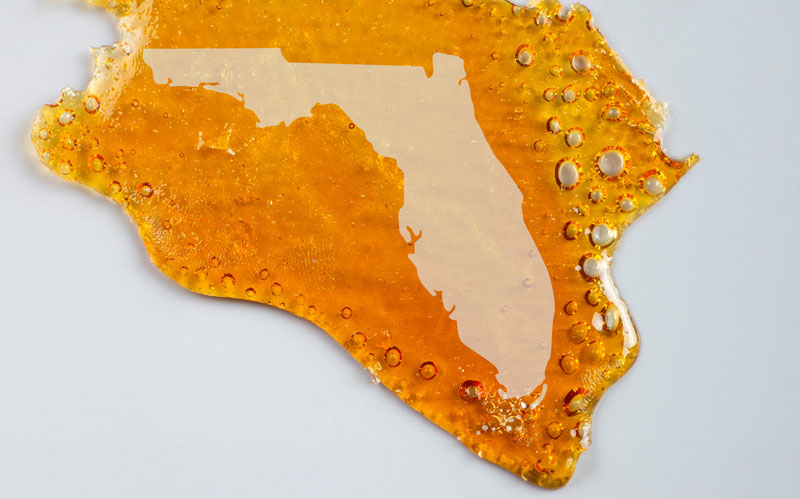

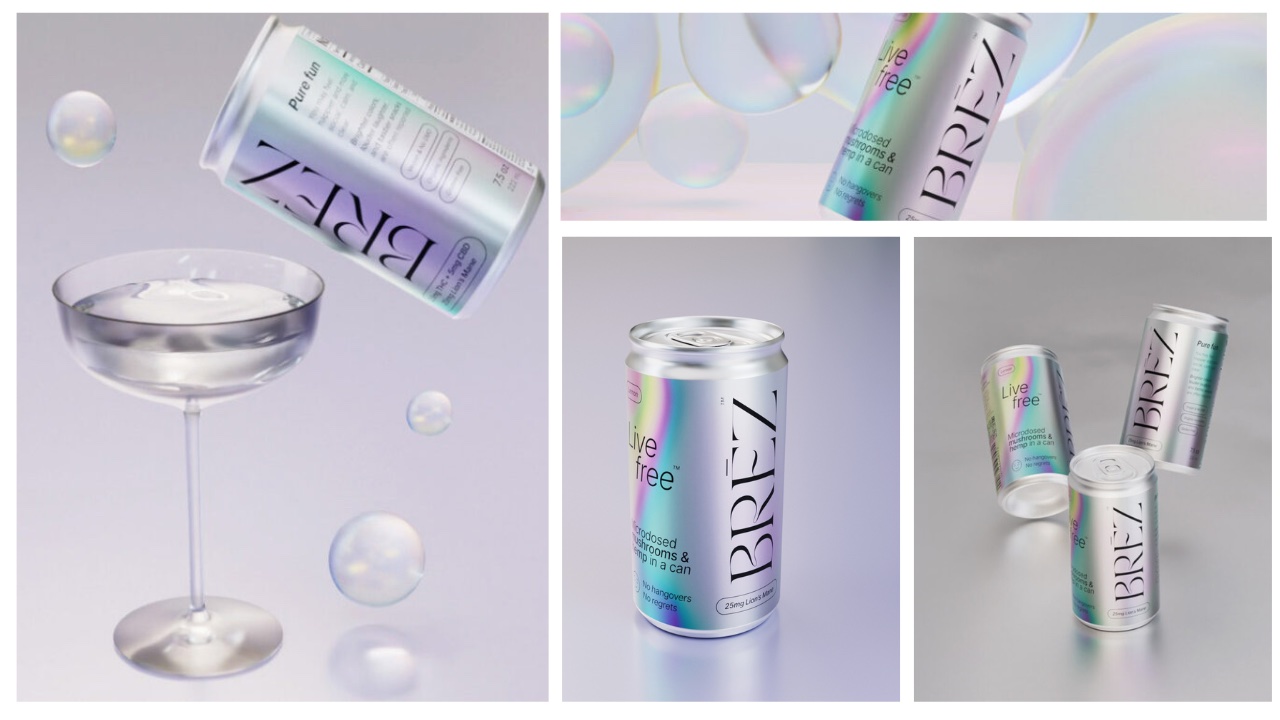


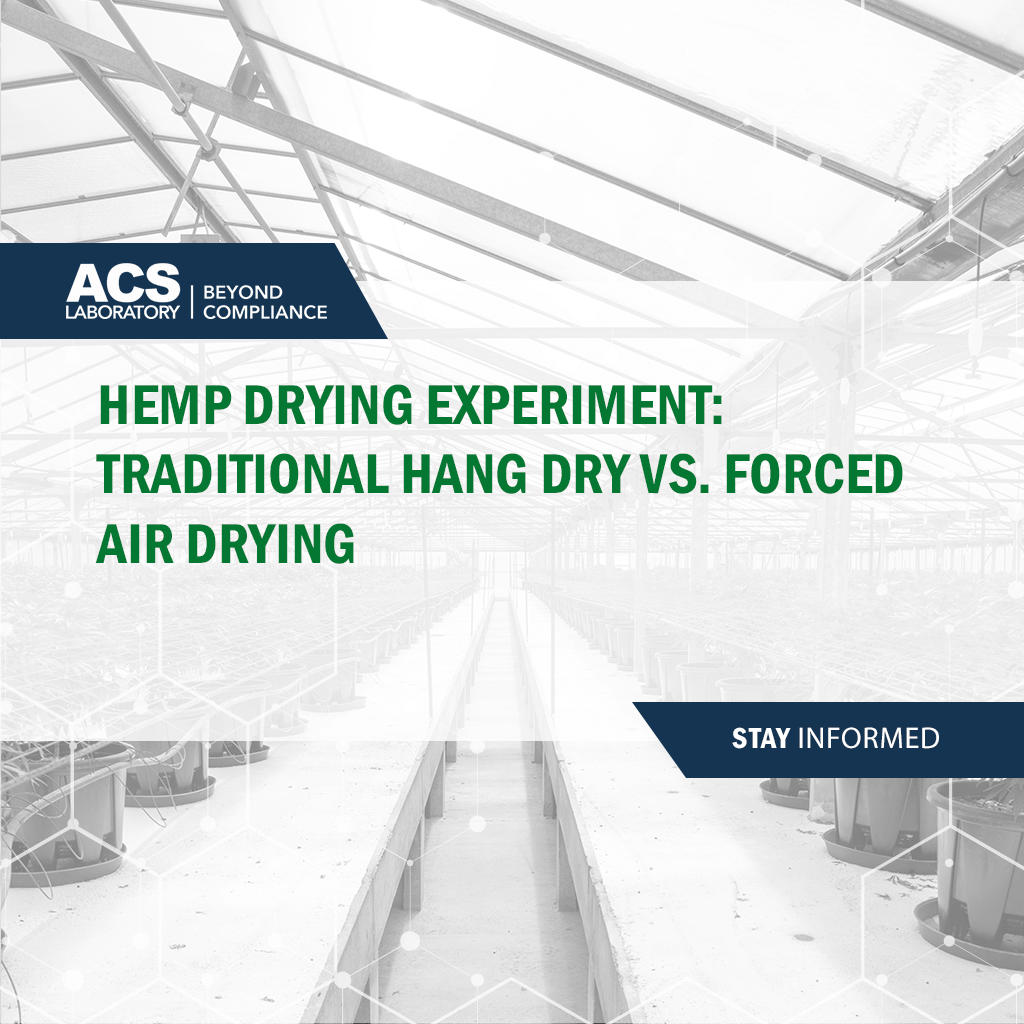
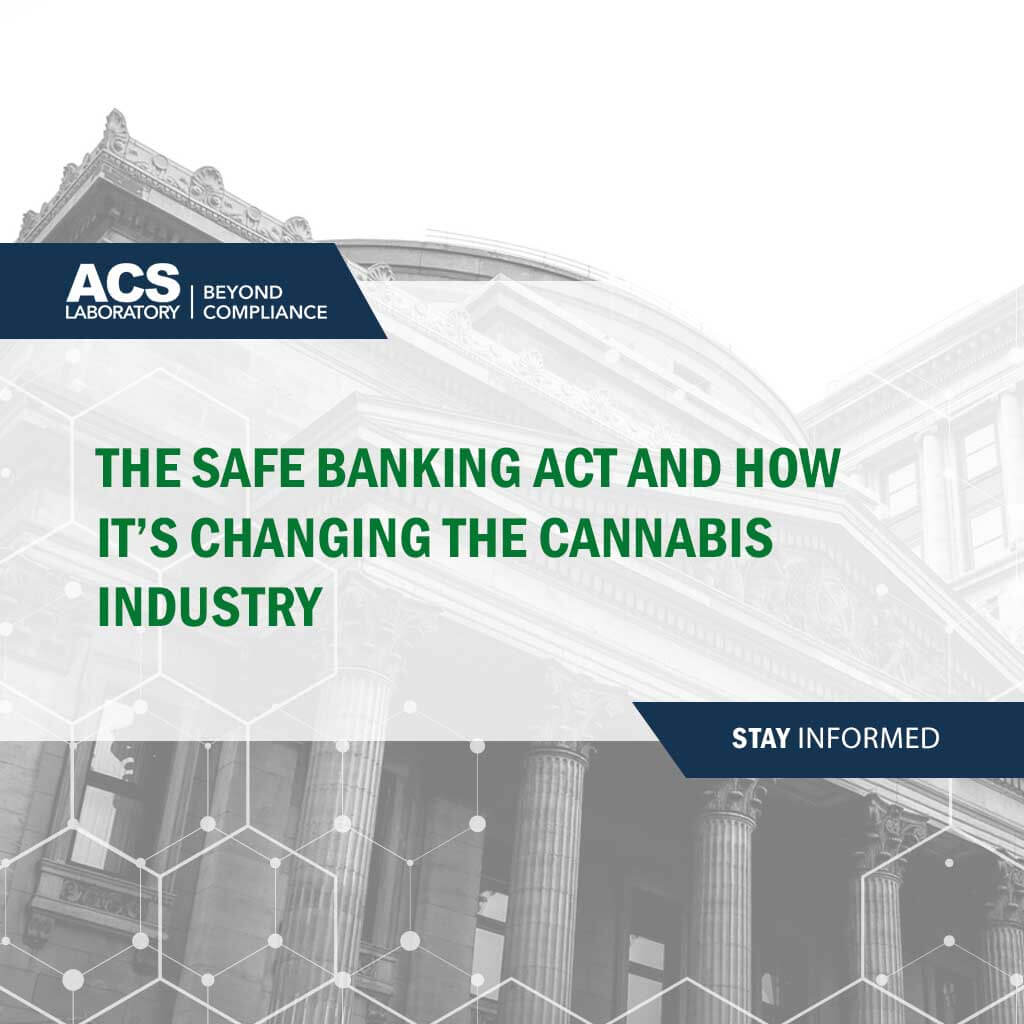
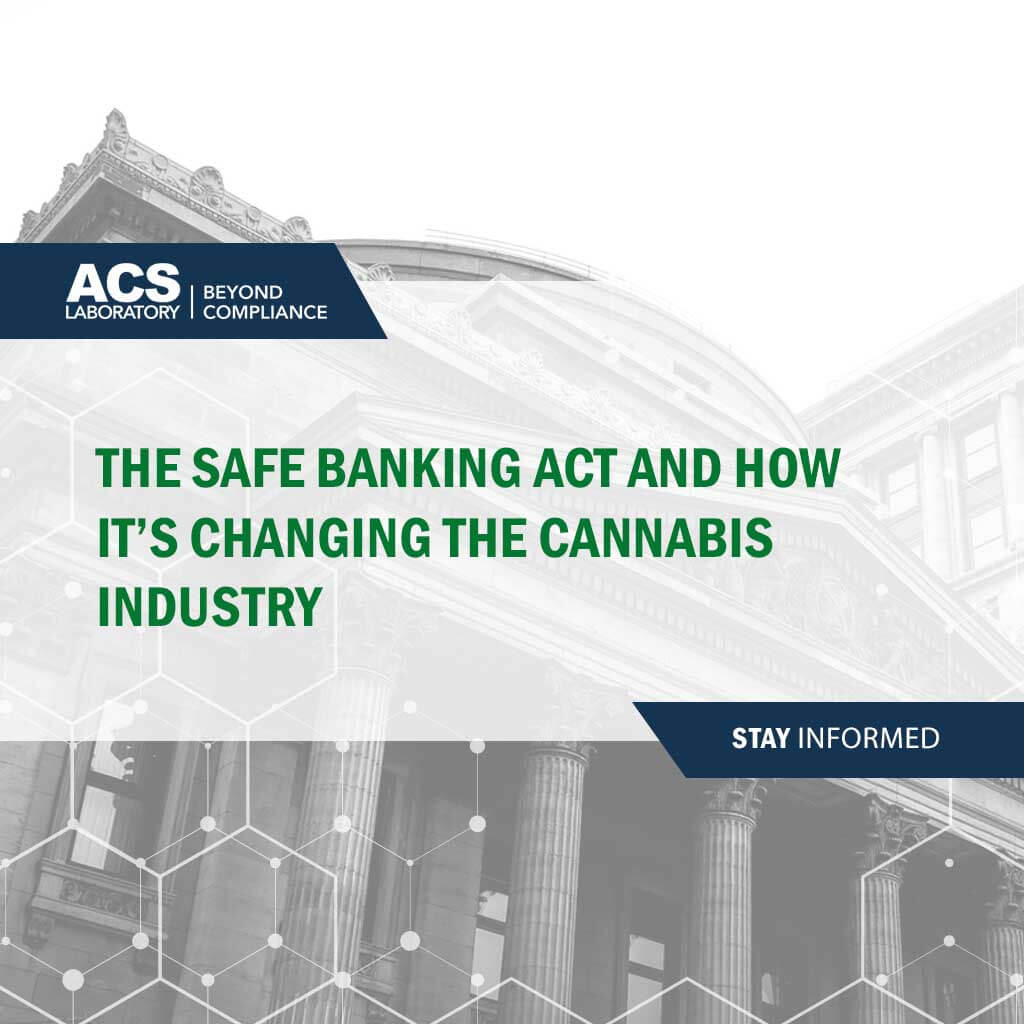



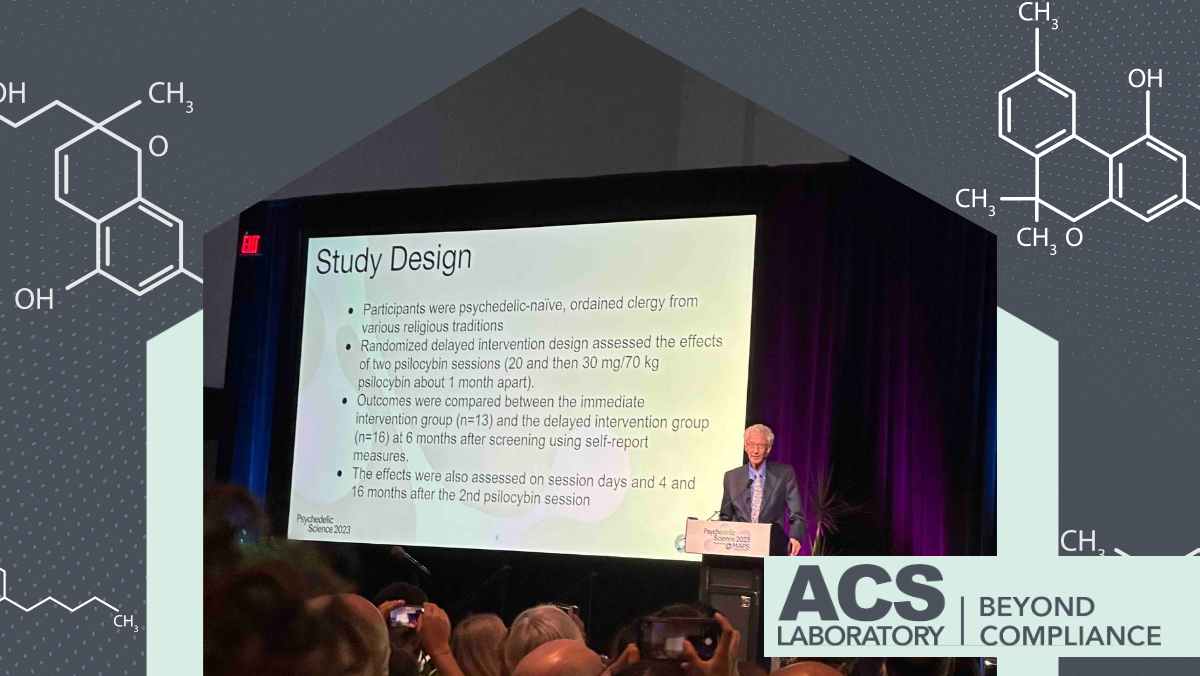
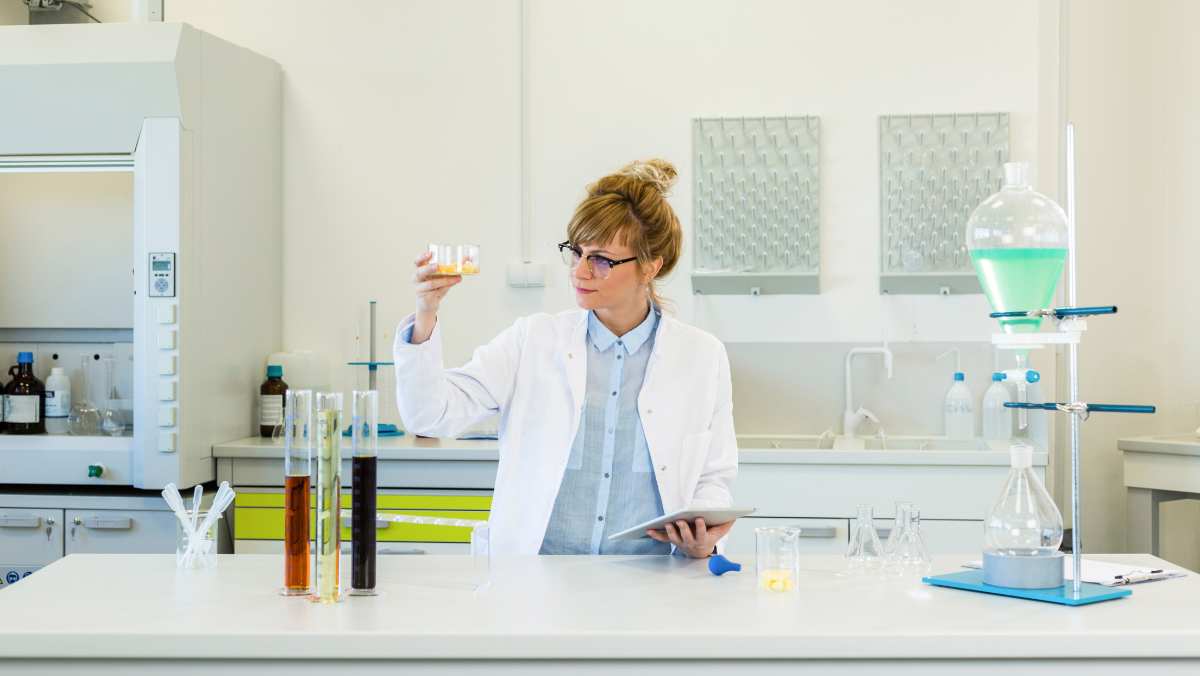

.png)
.png)
.png)
.png)
.png)